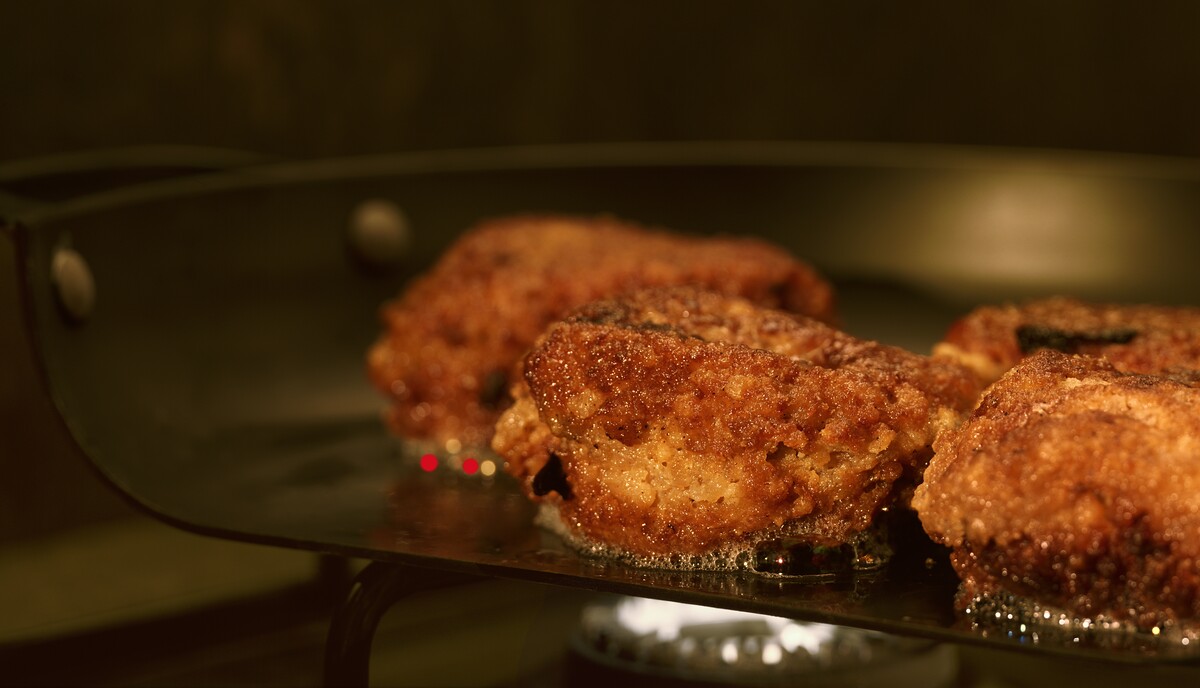Radio / Rauhfaser / Television
February 8–April 19, 2024
The University of Chicago
5701 S. Woodlawn Avenue
Chicago, Illinois 60637
United States
collegium@uchicago.edu
At the heart of Christopher Williams’s exhibition Radio / Rauhfaser / Television is Inklusive, a little-known radio play by the German playwright Franz Xaver Kroetz from the early 1970s. In typically evasive (some would say plainly contrarian) Williams fashion, the play will not be featured in the exhibition itself, though the critical reception and broader cultural context of Kroetz’s work are documented in an array of archival materials displayed in six purpose-built vitrines, and at several points during the show’s ten-week run Inklusive will be broadcast on Chicago’s Lumpen Radio (105.5 FM).
The West German premiere of Inklusive, performed by actors with heavy Bavarian accents, took place on February 24, 1972. Williams made two new recordings of the play in 2023 using vintage audio equipment from both East and West Germany, in recognition of the fact that Kroetz subtly altered parts of the dialogue for the East German premiere in 1974. Inklusive is part of the so-called Trilogie Münchner Leben, which helped cement the author’s status as a key figure in the critical reappraisal of a folkish, plebeian brand of social realism in postwar European culture—which is the true reason for Williams’s interest in this footnote in German literary history.
When asked how an artist raised in Los Angeles and trained in the alternately austere and whimsical tradition of 1970s CalArts conceptualism ended up so curiously attuned to the minutiae of German counterculture, Williams, whose parents worked in the movie industry, will often invoke the formative experience of devouring New German Cinema in a local arthouse theater. He has jokingly referred to the endless hours he spent watching films by Rainer Werner Fassbinder, Alexander Kluge, Volker Schlöndorf, Hans-Jürgen Syberberg, and Werner Herzog as the “Germanization of Williams”—a process that continues to this day in the artist’s long-term engagement with the work of Kroetz, once the most frequently performed playwright in Germany.
Born to lower middle-class parents in Allied-occupied Munich in 1946, Kroetz started working in theater in the late 1960s, occasionally acting in productions by Fassbinder’s Antiteater. Like Fassbinder, Kroetz felt drawn to chronicling the lives and times of those left behind by the German economic miracle of the early to mid-1960s, tapping into the decidedly humdrum traditions of folk theater and peasant farces to do so. (The strong sense of class consciousness in Kroetz’s early work is hinted at in Williams’s recurring use of Rauhfaser, an archetypal brand of German wallpaper that serves as scenographic shorthand for a proletarian aesthetic.) Not surprisingly, as a resident of Munich’s thriving countercultural scene, Kroetz became increasingly politicized. In 1972 he joined the West German Communist Party, of which he remained a member until 1980. It is around this time that Kroetz’s work took a sharp Brechtian turn toward more experimental formal concerns. This phase culminated in his critically acclaimed theater piece Oberösterreich (“Upper Austria”), the subject of a controversial panel discussion that was recorded for West German television in 1973 but never broadcast because of Kroetz’s political affiliations. The contradictions inherent in Kroetz’s turn toward the Brechtian Lehrstück—the emphatically didactic, politically explicit brand of theater for the masses pioneered in the chaotic, increasingly conflict-ridden closing years of the Weimar era—resonate with Williams’s own extensive experience in the realm of pedagogy. (Williams was a professor of photography at Düsseldorf’s prestigious art academy from 2008 until 2023.)
Radio / Rauhfaser / Television is Christopher Williams’s first institutional exhibition in Chicago since his survey show The Production Line of Happiness took over the Art Institute of Chicago’s Modern Wing in early 2014. A single photograph and four hand-painted glass signs hang in the gallery alongside historical documents and video footage related to Kroetz’s work on Oberösterreich. Its modest scale notwithstanding, the exhibition has an almost manifesto-like quality, outlining the artist’s overarching intellectual passions: an interrogation of the way in which our visual culture is both staged and seen—and the timeless question of art’s relation to societal matters.

